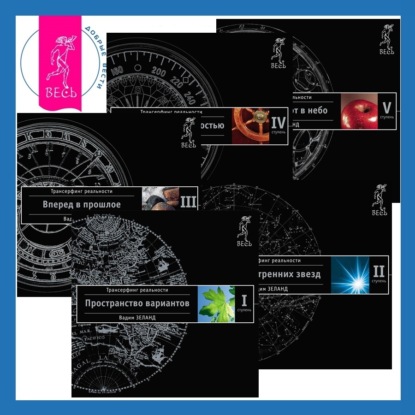This book is a collection of new essays on Aquinas and Wittgenstein written by some of the leading theologians and philosophers of religion in the English-speaking world. It is inspired by " and dedicated to the memory of - Victor Preller, whose powerful interpretations of these figures did much to prepare the ground for recent discussions of religious language, knowledge of God, the role of grace in human life, and the ethical significance of virtue. Grammar and Grace frees Aquinas from the trappings of traditional Thomism, just as it liberates Wittgenstein from the relativism of the Wittgensteinian fideists. But the book is no mere exercise in scholarly revisionism, for its main purpose is to advance our understanding of the issues on which texts like the Summa Theologiae and the Philosophical Investigations have a bearing. This book will be essential reading for all those interested in the interpretation of Aquinas and Wittgenstein, the interface of religion and ethics, and the dialogue between philosophy and theology. Contributors include: Jeffrey Stout and Robert MacSwain; Victor Preller; Fergus Kerr; David Burrell; Stanley Hauerwas; M. Jamie Ferreira; G. Scott Davis; Douglas Langston; John Bowlin; Jennifer Herdt; Joseph Incandela; Bruce Marshall; Eugene F. Rogers, Jr; Mark Larrimore "The work will be of interest to scholars of Aquinas, Wittgenstein and Preller, as well as students of moral theology and philosophy in general." Tracey Rowland, John Paul II Institute (Melbourne), REVIEWS IN RELIGION AND THEOLOGY, April 2005. "What unites this collection is the deep grounding of the authors in both thinkers, allowing them to speak in an idiom that is coherent and compelling, simply because it is the language of the world in which we now dwell, a world that cannot be accessed without the vocabulary of both Aquinas and Wittgenstein. (...)This unique volume gives voice to a new generation of interpretation for both Aquinas and Wittgenstein. In drawing deeply from both thinkers, these writers offer us a more Catholic Wittgenstein, by which I mean a more deeply humane thinker who ponders an humanity apt for grace. They also give us an Aquinas who still speaks trenchantly to our concerns." Terrance Klein, St John"s University, Staten Island, New York, The Thomist, 69, 3, July, 2005. Это и многое другое вы найдете в книге Grammar and Grace
Grammar and Grace (книга)
Подробная информация о книге «Grammar and Grace ». Сайт не предоставляет возможности читать онлайн или скачать бесплатно книгу «Grammar and Grace »















